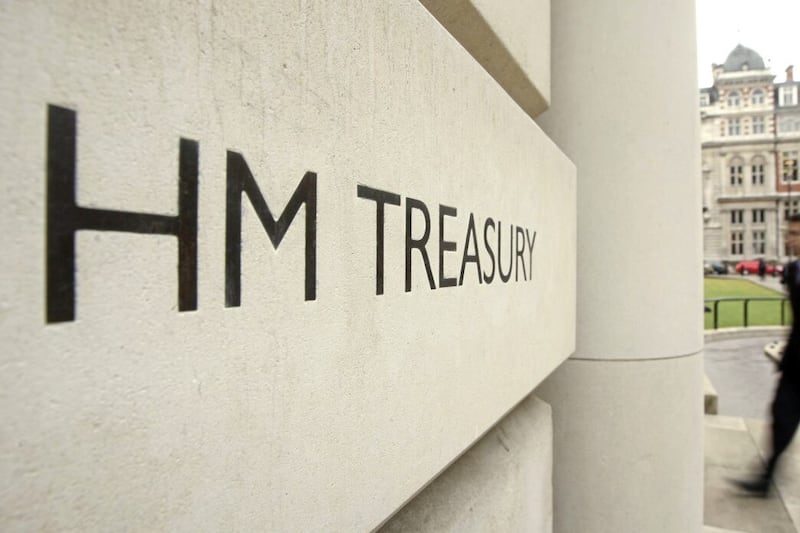IT was Bill Gates who said: “Success is a lousy teacher, as it seduces smart people into thinking they can’t lose.”
Those familiar with the FTSE 100 will be aware of how the index has evolved since inception in 1984 from a UK-centric barometer of corporate health to one that reflects the fortunes of the international economy.
Today, only about a quarter of the original names remain listed as a series of mergers, promotions, demotions, globalisation and yes, business failures have all had an impact.
As we approach the end of 2018, we might also reflect on how a string of once successful companies, often household brands, can seemingly disappear, often over a short period of days. Changing times and challenging circumstances bring frequent reminders that in business, there is never a time to rest on laurels or former glories.
At a recent event for local business, and endeavouring to stimulate some forward-thinking, I posed the question: "What’s the biggest threat to your business today?"
For some, it was the big macro issues of an economy seemingly stuck in low gear, of political deadlock with paralysis in decision-making and myriad Brexit-related uncertainties.
For others, the issues are more local – accessing skilled labour, rising business costs, exchange rate volatility and the sheer competitive intensity of the markets. For nearly everyone, it can be the risks of being left behind, blind-sided by a more nimble predator or start-up, perhaps with a new technology.
As we survey a changing landscape and tough operating environment for business, it is clear that continued success and sustainable profitability will mean adapting to and navigating through a prolonged period of strategic uncertainty and economic change.
While individual firms must think in detail about future-proofing, here is a “big five” of issues or considerations which may be helpful in aiding the thought processes:
:: Businesses should not rely on the economy to deliver growth – a planning assumption of low growth over the next three-to-five years seems prudent, with downside risks of at least a period of disruption if there is “no deal” Brexit . By historic standards, the current business cycle is already stretched and mature.
:: The shape of the post-Brexit landscape will emerge in time, with potential implications for labour markets, regulations, supply chains and trading operations.
:: The potential impact of technology disruption to existing business models will become even more pronounced.
:: Some markets, notably B2C, are seeing “structural”, not cyclical shifts which in time may filter down to B2B. Empowered consumers and technology are forces of change.
:: In the absence of a great rising economic tide, individual business performance will, perhaps more than ever, be sensitive to firm-level decisions and actions that enhance productivity and competitiveness with the needs of the end customer at the core.
A time of challenge but also a time of opportunities. How will individual businesses respond? Periods of heightened uncertainty in the external environment typically encourage defensive and watchful strategies.
Others may be more contrarian and even opportunistic in approach, seeing this as a time to position the business not so much for the next 10 months, but for the next 10 years.
I'll explore some of these themes at the 'Running a Business in Uncertain Times' event on Wednesday November 14 in the Old Town Hall in Banbridge as part of Armagh City, Banbridge & Craigavon Borough Council’s Enterprise Week. To book a free place go to www.abcenterpriseweektickets2018.eventbrite.co.uk
:: Alan Bridle is UK economist for Bank of Ireland UK








